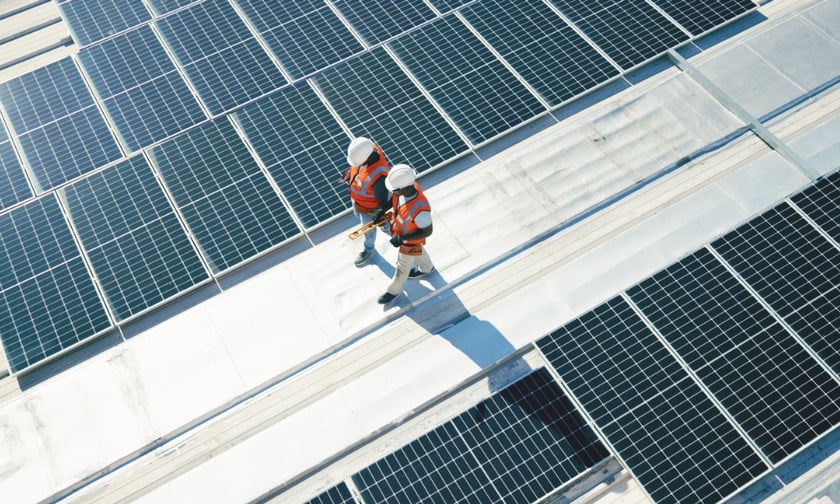

AMI Insurance’s RepairHub in Onehunga has taken a significant step in its sustainability strategy by installing a rooftop solar panel system.
In April, the facility added 135 solar panels, a project supported by its property landlord, PFI. This installation marks the fourth building under PFI’s management to adopt solar energy within the past two years.
Gary Geeves, CEO of AMI RepairHub, emphasised that the Onehunga site is pioneering this effort within the company’s network.
The solar installation is designed to lessen dependence on traditional energy sources and enhance the company’s contribution to environmental stewardship.
“This initiative aligns perfectly with our goal to reduce our carbon footprint across all aspects of our operations. Through innovative solutions like rooftop solar, we are demonstrating our dedication to reducing emissions while driving positive change for our customers, the planet, and future generations in New Zealand,” Geeves said.
The initiative brings to light the recent sustainable partnerships announced by IAG, AMI’s parent company, aiming to source renewable energy for its Australian and New Zealand operations.
The adoption of rooftop solar systems is gaining traction among businesses and homeowners due to several key benefits.
A report published by EECA in March suggested that fully electrified households with both rooftop solar and an electric vehicle can achieve annual savings exceeding $1,000 compared to those relying on gas and petrol-powered vehicles. These financial benefits are further enhanced when installation costs are financed through low-interest green loans.
In addition to cost savings, solar energy reduces household carbon emissions by using on-site power generation, which decreases reliance on grid electricity that includes a mix of non-renewable energy sources. Further reductions in emissions can be achieved by transitioning household appliances to electric power.
The company’s sustainable efforts reflect the findings of a recent survey conducted by insurers, revealing that New Zealanders have increasingly experienced the impacts of extreme weather events in recent years. These events have also contributed to rising insurance costs, prompting greater awareness of the need for an effective response to climate change.
The survey noted that while climate change remains a significant concern for many, there is a lack of confidence in the effectiveness of current response measures.
Respondents expressed a desire for increased focus on mitigating climate impacts, including avoiding development in high-risk areas, constructing more resilient infrastructure, and improving public understanding of climate risks.
The survey also highlighted the importance of maintaining strong insurance providers and adopting a risk-based approach to premium pricing, reflecting the growing frequency of severe weather events. Reducing risk was identified as a key factor in ensuring the affordability of insurance.
